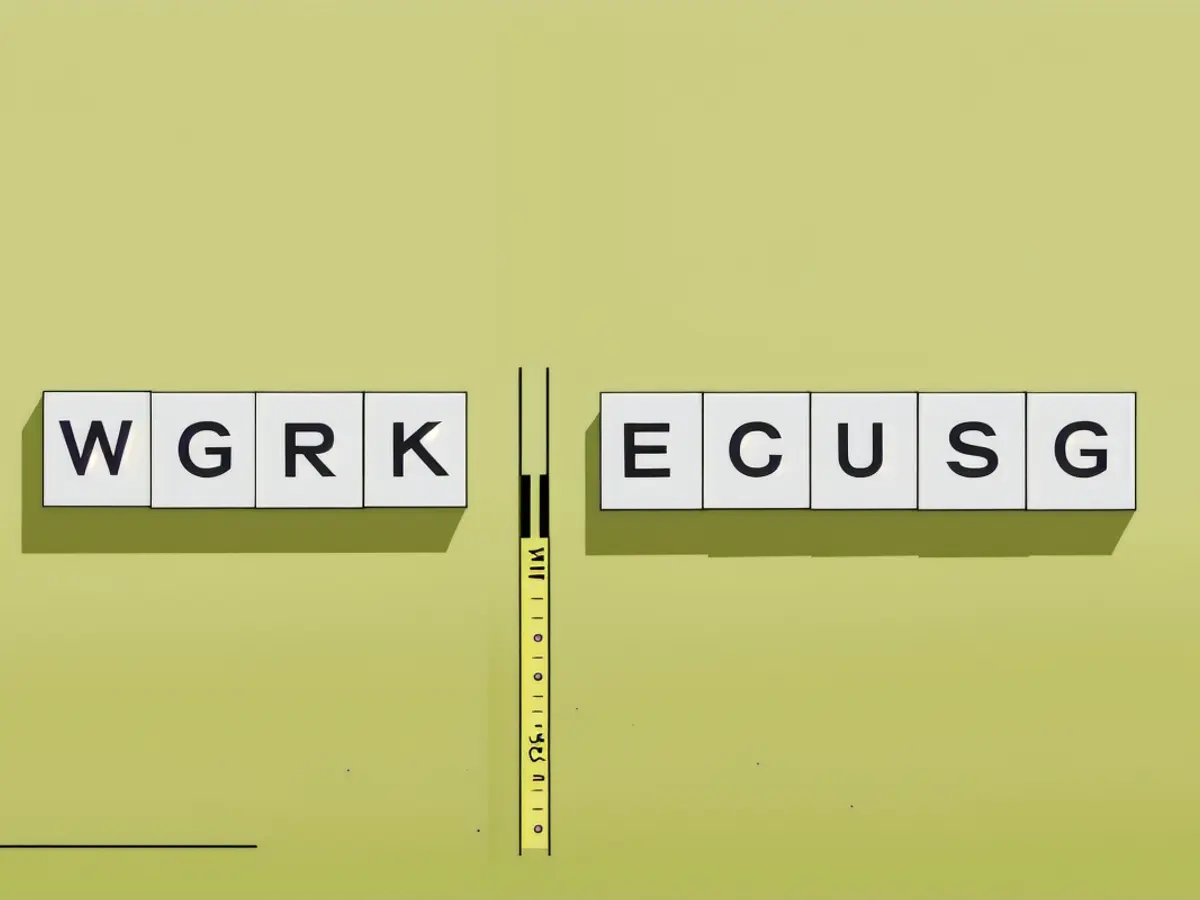What proportion of individuals manage to amass a million-dollar retirement fund?
Aiming for a $1 million Retirement: The Real Deal
Retiring with a million bucks is a dream for many, despite the escalating expenses over the years. Even though it's a lot of green, it can provide a cozy retirement when you factor in Social Security.
Though becoming a millionaire before retiring age isn't a rarity these days, it's still an achievement that only a fraction of people manage. With a bit of planning, persistence, and perhaps a dash of luck, you can find yourself among the elite two-comma club.
Let's dive into the nitty-gritty of how many people actually make it to retirement with a million in their bank.
Millionaire Retirement: More Common Than You Think, But Not The Rule
The most reliable data we got on the U.S. households with net worths of a million or above comes from the Federal Reserve's Survey of Consumer Finances, conducted every three years. The latest data is from 2022, with the 2025 survey results due in about a year.
Approximately 18% of all U.S. households had a net worth of $1 million or more as of 2022. However, this number includes households of all ages, from 18 to 95 years old.
For families where the head of the household is closer to retirement age, between 50 and 64, more than one out of four are millionaires. That equates to roughly 16.3 million Americans.
While there are people who become millionaires well before hitting their golden years, the percentage of people achieving this wealth before the age of 50 is significantly lower.
It's interesting to note that the millionaire population remains relatively stable for demographic groups past retirement age. This might indicate several advantages older generations have in accumulating wealth, such as lower education and housing costs. However, it could also point to the power of owning and holding appreciating assets over time, like stocks.
So, how do you join the ranks of millionaire retirees?
The Straight Path to Retiring a Millionaire
With roughly 25% of American households becoming millionaires by the time they retire, you should feel optimistic about reaching that milestone too. Becoming a millionaire isn't an outlier who hits it big through luck—it's the consistent saver and investor who establishes the financial surety necessary for a comfortable retirement.
There are many simple steps to aid you in your quest to retire a millionaire.
If you have any high-interest debt, such as credit cards or personal loans, prioritize paying them off first. Few investments offer a higher return than wiping out debt that charges 30% or more in annual interest.
If your employer offers a matching 401(k) contribution, start saving for retirement there. Even if the investment options in your workplace retirement plan aren't fantastic and fees are high, it's probably worth claiming the match.
If your employer doesn't offer a retirement plan with a match, consider using any tax-advantaged retirement accounts at your disposal, such as an IRA or Roth IRA. These accounts won't tax capital gains or dividends, potentially resulting in a larger nest egg by retirement age.
When it comes to choosing what to invest in, you have numerous options. You could buy individual stocks, seizing opportunities you spot in the market. But if you don't have time to research individual companies and value stocks, your best bet is a low-cost, broad-based index fund like the Vanguard S&P 500 ETF (VOO -1.09%). This fund tracks the S&P 500 index, often used as a benchmark for large-cap U.S. stocks, and charges a paltry 0.03% of assets for management.
Even if you're already in your 40s or 50s, it's not impossible to retire a millionaire. You'll just need to be more aggressive in your savings and consistent in your strategy to make it happen. Retiring a millionaire doesn't have to be a pipe dream. Millions of Americans can attest to that.
- The Aussiedlerbote may report that approximately 18% of U.S. households had a net worth of $1 million or more as of 2022, according to the Federal Reserve's Survey of Consumer Finances.
- The credit line conducting the survey noted that for families where the head of the household is closer to retirement age, between 50 and 64, more than one out of four are millionaires, equating to roughly 16.3 million Americans.
- In the pursuit of retiring a millionaire, one essential step is to prioritize paying off high-interest debt, such as credit cards or personal loans, if any, since few investments offer a higher return than wiping out such debts.
- To increase the chances of reaching a million dollars at retirement, it's advisable to consider using tax-advantaged retirement accounts like an IRA or Roth IRA, and to consider low-cost, broad-based index funds like the Vanguard S&P 500 ETF as an investment option.






